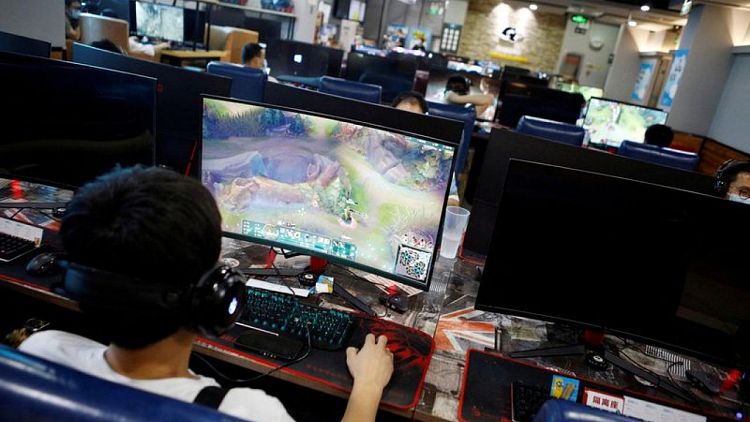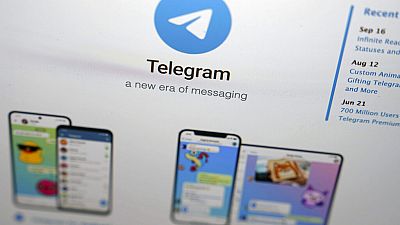By Josh Ye
HONG KONG -China lifted a nine-month freeze on gaming licences after companies, including industry leader Tencent, made major adjustments to their business practices and due to the ban's economic fallout, industry sources and analysts said.
The watchdog of the $47 billion video games market, the world's largest, stopped issuing publishing licenses, which are key to monetising games, in August following a crackdown that curbed game-playing time for minors. That freeze was lifted on Monday when 45 games were granted licences.
Sources and analysts said while the timing of the relaxation was unexpected, companies had bent over backwards after facing heavy criticism from authorities for being non-compliant.
"Regulations this time around are certainly the strictest they have been," said Chenyu Cui, senior analyst at research firm Omdia, "Every company is scared of falling out of compliance."
A source at a game studio of which Tencent Holdings is a major shareholder said it was requested by Tencent to remove English words from its game, avoid the colour red and scrap wordings such as “headshots” or “death” to be compliant.
And the studio also delayed the title's international launch fearing that it could been seen as circumventing Chinese rules, the source said, declining to be named because he is not authorised to speak to media.
During a similar freeze on licences in 2018, some projects opted to release their games – including Tencent’s Bladed Fury and Iris.Fall - overseas, while waiting for the domestic situation to be resolved.
Tencent declined to comment.
China's regulators have also been proactive in ensuring compliance in a sector state media once called "spiritual opium".
Two sources said that during the suspension companies were still able to submit games for approval and received regular feedback on changes needed on their content or monetisation features.
In September, a state-backed gaming association organised a training programme for developers at which it emphasised that games had to highlight "a correct set of values" and could not contain any violent or religious elements, according to a memo seen by Reuters.
Daniel Ahmad, senior analyst at Niko Partners, said that over 5,000 game companies were now connected to the national anti-addiction system, numerous firms have made changes to in-game content and non-compliant ones have been investigated and fined by the relevant regulators.
"Concerns have been adequately addressed," he said.
Tencent, smaller peer NetEase and over 200 other firms pledged in September to self-regulate to combat gaming addiction.
ECONOMIC HIT
While companies were getting their house in order, the worsening economic impact of the gaming crackdown could no longer be ignored by Beijing.
During the licence freeze, about 14,000 video gaming-related firms – including those involved in merchandising, advertising and publishing - shut, according to business registry firm Tianyancha.
Some highly anticipated projects have also been spiked, such as Lilith Games’ Eden Apocalypse. A representative said this was due to a change in the business's direction.
Three gaming industry sources said many projects have been hit by a hiring freeze as they are under pressure to cut their size and budget.
Tencent, a big employer of fresh graduates, said during its results its hiring pace would slow, and Reuters has reported that it and other peers plan to cut jobs.
"They are doing this to protect jobs," one industry executive told Reuters, referring to the lifting of the freeze and declining to be named as he was not permitted to speak to the media.
The game industry's regulator, National Press and Public Administration, did not respond to a request for comment.
LOOKING OVERSEAS
Chinese gaming shares soared on Tuesday after the regulatory relaxation, with some analysts saying it showed the government's commitment to the sector.
But some were also cautious, pointing out that only 45 games were approved this time, versus the 80 to 90 usually greenlighted once a month prior to the freeze.
And the landscape has changed completely, prompting some to diversify or to consider leaving the Chinese market altogether.
Small gaming firms in China are considering pivoting towards blockchain gaming in the West, even though it could mean abandoning the China market since Beijing bans unapproved cryptocurrencies, said Greg Pilarowski, head of law firm Pillar Legal.
"The current environment in China is very challenging for gaming companies," Pilarowski said. "So a lot of folks are asking how they could get into blockchain games… because crypto and blockchain have been very profitable for many people in the US."



